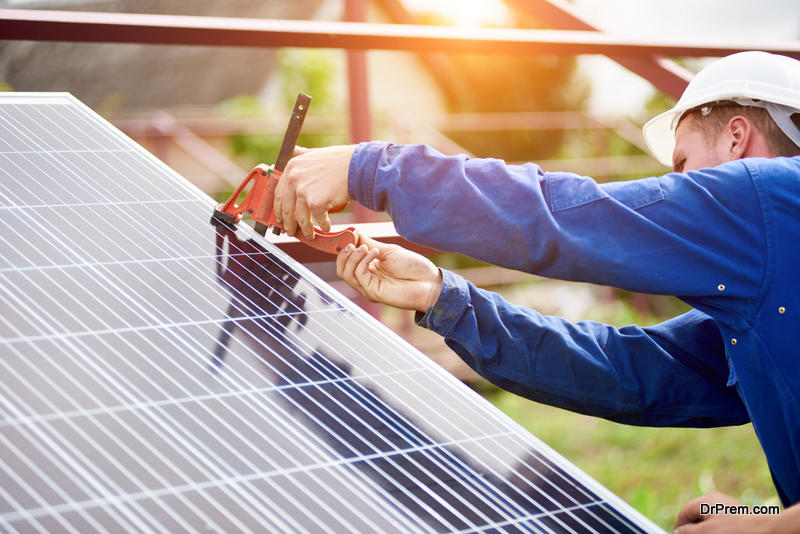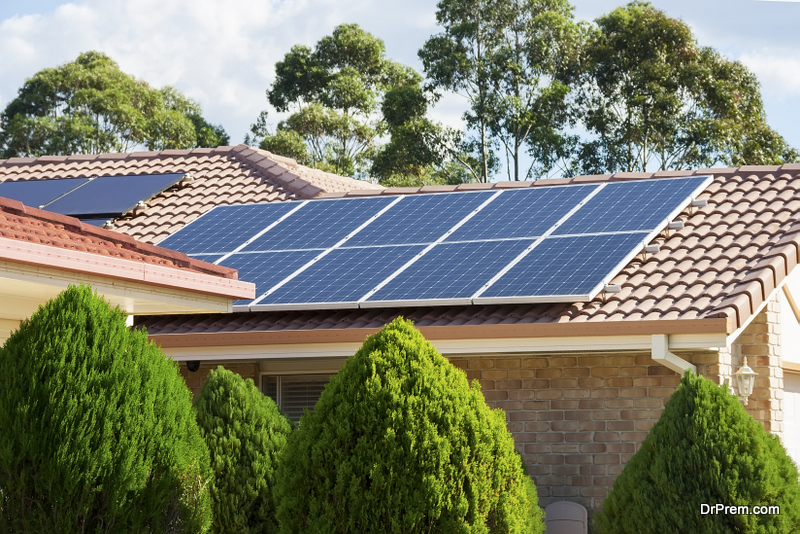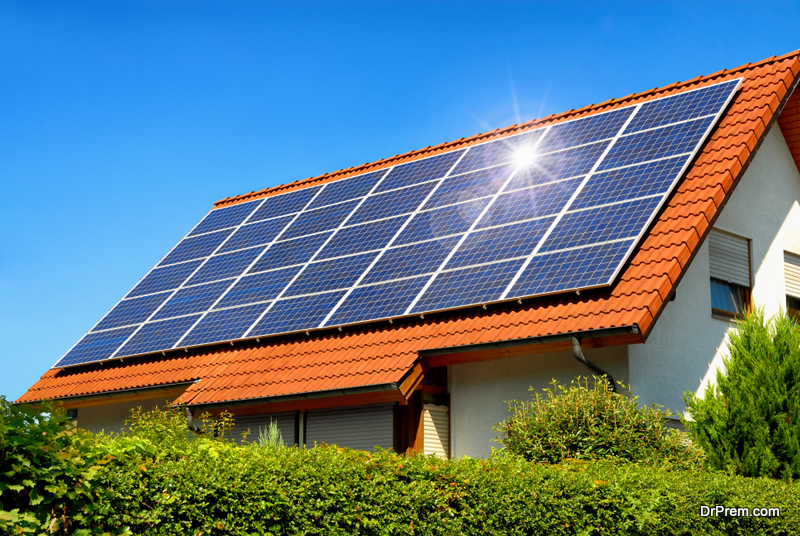Installing a solar panel system can be a wise financial investment for many homeowners. Before you decide to proceed with the installation, you need to consider various factors, such as the equipment, financing options, and the service provider that’ll carry out the installation.
Solar panels are becoming a popular option for many homeowners eager to cut down on their monthly utility bills and switch to an environmentally friendly energy source. Solar panels work by collecting sunlight and transferring it to a solar inverter that transforms it into electricity. You can directly use electricity to power your home, store it in a solar power bank for later use, or sell it to utility companies.
Remember that a solar panel system is a long-term investment and would require a professional to tackle home solar panels maintenance and installation. Aside from this, there are other factors you need to take into account. Here are some valuable tips to help you choose the right solar panel for your home.
1. Contemplate The Cost

The cost of a solar panel for your home is an important factor to consider. The size will generally determine the cost in watts, physical size, brand, material quality, durability, and any certifications by the installer.
During the selection process, the price is very important. However, it shouldn’t be the only factor to consider because the cheapest model may not be the most efficient or a good long-term energy source.
Make sure it has a long lifespan, preferably more than 30 years. With this in mind, you should choose a superior system, even if it’s more expensive, rather than a cheap one that may not last long.
2. Consider The Size And Wattage
When it comes to the size of solar panels, it’s all about the wattage (W) and the type of solar cells used to construct it.
The watts refer to the panel’s output and are directly proportional to the system cost. In most cases, the wattage of the solar panel is a crucial factor to consider. Underestimating the wattage could lead to inadequate energy, whereas overestimating the wattage will result in overspending.
The solar panel system should be substantial enough to power your home’s appliances. In general, a 4W solar panel system is sufficient for the average household.
3. Evaluate The Quality
When choosing a solar panel, another essential factor to consider is quality. You must understand the manufacturing process as well as the quality of the materials.
Various companies now manufacture solar panels with varying prices, quality, and efficiency. Some manufacturers adhere to a meticulous manufacturing process that prioritizes superior quality and invests in research and development (R&D). Others only assemble solar panels and don’t manufacture the cells themselves.
During the selection, make an effort to check the company’s reputation and the product reviews so you’ll have an idea of their quality. Selecting high-quality solar panels can help reduce your energy consumption while also increasing the value of your property.
4. Think About The Size Of Your Home
Your home’s size also plays an important role in the selection process. A professional will factor in the size of your home to determine the number of solar panels needed and the size of the inverter. If you have a large home, you should expect a considerable initial investment in a solar power system.
5. Distinguish The Types Of Solar Cells

There are various types of solar cells with varying efficiencies. You must be familiar with the types of solar cells available on the market.
- Monocrystalline: This type of solar cell is known for superior efficiency and heat tolerance.
- Polycrystalline: Also known as multi-crystalline, this silicon-based solar cell is the homeowners’ top choice.
- Amorphous: The thin-film or amorphous solar cell pales in comparison to the first two types as it utilizes the least silicon.
6. Go For Durability
Most solar panels on the market typically boast a 25-year warranty. If the manufacturer fails to provide a long warranty period, the products are likely to be of poor quality. Also, be cautious if you come across an enticing price because you may end up regretting it.
However, keep in mind that you must properly maintain your solar panel to extend its lifespan. Fortunately, solar panels are low-maintenance and easy to care for.
7. Check The Provider
The provider you’ll hire to install the solar panels is also an important consideration. It would be best to work with a trustworthy and reliable company that can ensure the smooth and hassle-free installation of your solar panel system.
During the selection process, you need to carefully review the company’s certifications, licenses, projects, and reputation in the industry.
Final Thoughts
Choosing a solar panel can be a challenging task if you can’t make sense of wattage and types of solar cells. The discussion above, which covers the basics of solar energy systems, could help you decide on the ideal solar panel for your home. With that, you can enjoy the benefits of clean, reliable, and renewable energy.
Article Submitted By Community Writer




